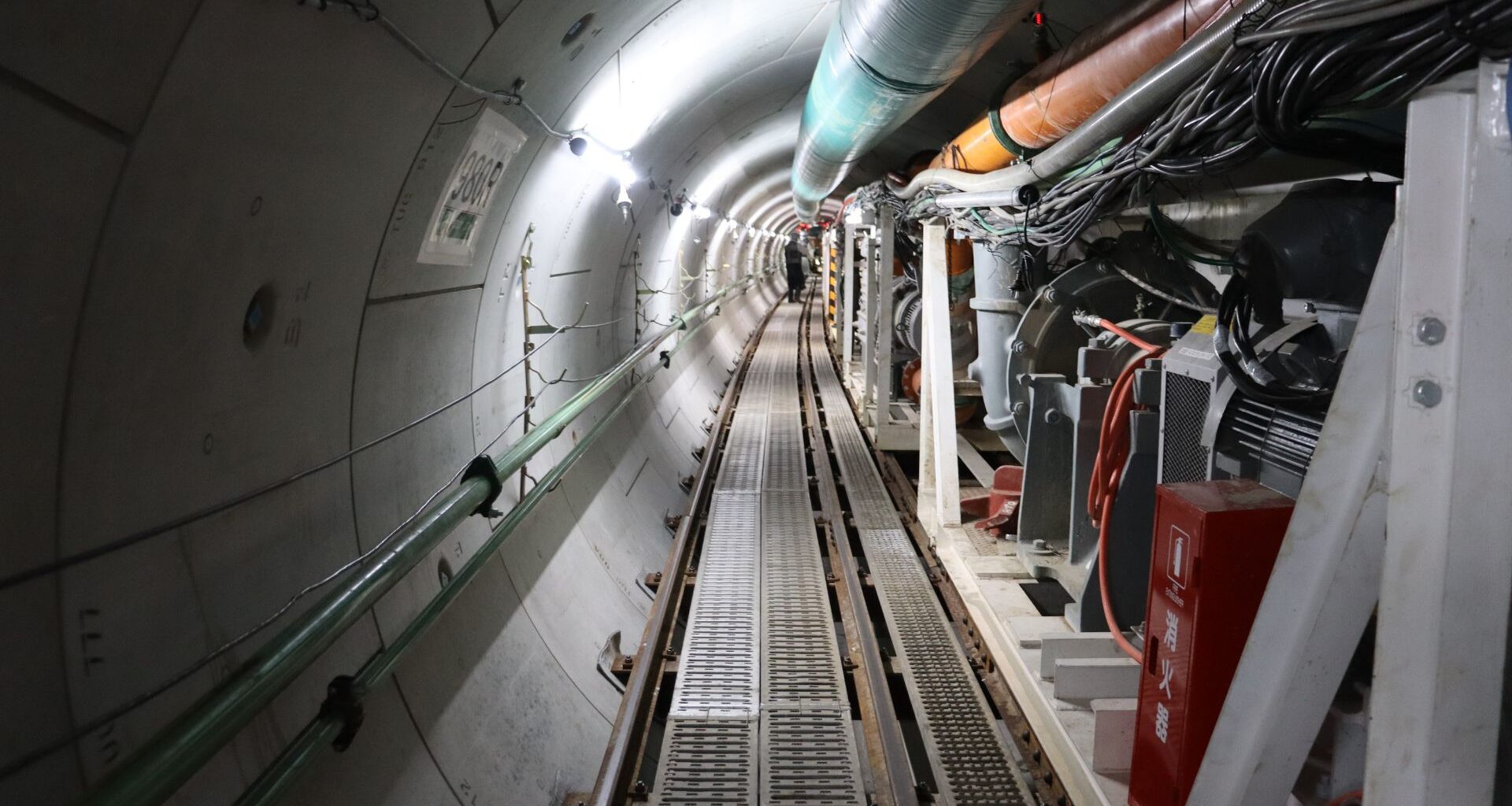With AI guzzling power and fossil fuels falling short, Japan’s nuclear freeze may finally be cracking.
Thirteen years after the catastrophic Fukushima disaster, Kansai Electric Power Co. has confirmed plans to resume surveys for a potential new reactor at its Mihama Nuclear Power Plant in Fukui prefecture, west of Tokyo, according to a Bloomberg report.
If approved, it would mark the country’s first newly built reactor since the 2011 meltdowns, signaling a major policy shift as Japan scrambles to secure stable, carbon-free electricity.
Nuclear returns with purpose
The move reflects Japan’s growing urgency to expand clean energy options as demand surges from power-intensive technologies like artificial intelligence and data centers.
While solar and wind are part of the mix, nuclear power is re-emerging as a practical solution for a country with scarce domestic energy resources and limited land.
“Nuclear power should continue to be utilised into the future,” Kansai Electric president Nozomu Mori told reporters in Osaka. “In a country like Japan, which lacks natural resources, the key question is how we can continue to deliver energy, particularly as we look to foster the growth of new industries.”
The company will study whether it can replace the plant’s aging No. 1 reactor, which is currently being decommissioned. The surveys are expected to take several years, and no construction timeline has been set.
Still, the decision to even consider a new build is Japan’s strongest signal yet that nuclear energy is back on the table.
The market responded quickly. Kansai Electric’s shares rose as much as 5 percent on July 22, while Tokyo Electric Power Co. and Hokkaido Electric Power Co. each climbed up to 6.7 percent. Nuclear supplier Mitsubishi Heavy Industries rallied 6.2 percent as investors bet on future orders.
Mitsubishi’s new reactor model, the SRZ-1200, is being considered the leading candidate for the Mihama project. According to Hiroaki Kitaura, the company’s chief manager for plant and maintenance engineering, it is viewed as the most realistic option among several under evaluation. He added that any final decision would hinge on the results of the site surveys.
Japan currently has 33 operable nuclear reactors, but fewer than half are online. Regulatory hurdles, expensive safety upgrades, and local resistance have slowed restarts since Fukushima. Public opinion, however, is shifting.
Nuclear future takes shape
With energy costs rising and carbon goals looming, support for nuclear power has grown, especially among younger voters and industrial leaders.
Globally, nuclear is staging a quiet comeback. Microsoft has invested in the shuttered Three Mile Island nuclear site in the U.S., while Amazon is backing a next-gen nuclear startup.
Japan, once a cautionary tale, is now positioning itself to rejoin the nuclear conversation as energy security becomes a defining issue of the AI era.
Trade Minister Yoji Muto declined to comment on Kansai’s plans but reiterated the government’s broader position.
He said the government believes Japan will need to secure more carbon-free electricity and will take steps to encourage investment and bolster the nuclear supply chain.
The Mihama project, if approved, would mark a pivotal moment in Japan’s nuclear policy and could set the stage for further developments in the sector.
